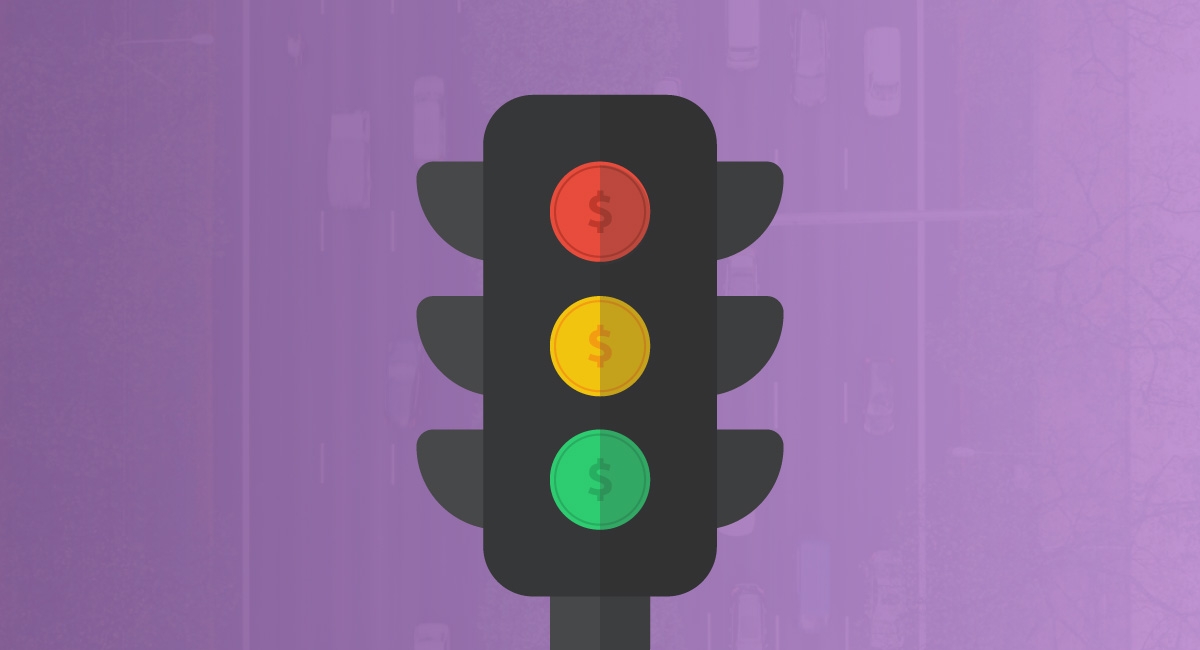Introduction:
Introduction: In the continuously changing world of internet marketing, companies are always looking for new strategies to boost website traffic and produce leads. One strategy that has gained popularity is buying paid traffic. But how does it work? Is it a reliable method to drive visitors to your website? We will examine the ins and outs of purchasing bought traffic in this blog post, as well as its advantages and potential drawbacks.
How Does Buying Traffic Work?
When businesses purchase paid traffic, they essentially pay for visitors to come to their website. Multiple platforms, such as display advertising, social media advertising, search engine advertising, and others, can be used to accomplish this. Let’s delve into the key steps involved in buying traffic effectively.
Know Your Audience
It’s vital to have a thorough understanding of your target demographic before investing in bought traffic. Who are they? What are their demographics, interests, and online behaviors? By identifying your audience, you can tailor your paid traffic strategy to reach the right people and maximize your return on investment.
Pick the Right Channels
Choosing the right advertising channels is vital for buying paid traffic. Consider your audience’s preferences and habits. For instance, if your target group spends a lot of time on social media, focusing on this form of advertising may be effective. Research the available options and select the channels that align with your goals and audience characteristics.
Set Your Targets in Advance
Before launching any paid traffic campaign, clearly define your goals and objectives. Do you aim to increase website traffic, generate leads, or boost sales? Setting specific, measurable, achievable, relevant, and time-bound (SMART) targets will help you gauge the success of your campaigns and make necessary adjustments along the way.
Create Landing Pages
To maximize the effectiveness of paid traffic, it’s essential to create dedicated landing pages. These pages must to be created with a particular objective in mind, such enticing site visitors to subscribe to a newsletter or buy something. Optimize your landing pages to provide a seamless user experience and improve the chances of conversion.
Track Your Performance
Monitoring and analyzing your paid traffic campaigns are crucial for success. Track important data like click-through rates, conversion rates, and cost per acquisition by using analytics tools. By closely monitoring your performance, you can identify areas of improvement, optimize your campaigns, and allocate your budget more effectively.
Why You Need to Be Careful While Buying Paid Traffic
While buying paid traffic can be an effective strategy, it’s essential to exercise caution. Here are a few potential risks to consider:
- Quality of Traffic: Not all paid traffic is created equal. There are instances where purchased traffic may consist of bots or low-quality visitors who have no genuine interest in your offerings. This can lead to inflated traffic numbers without any meaningful conversions.
- Cost Considerations: Buying website traffic can be expensive, especially if you’re targeting competitive keywords or popular advertising channels. It’s crucial to assess your budget and ensure that the potential returns justify the investment.
- Ad Fraud: Unfortunately, the digital advertising landscape is not immune to fraud. Ad fraud involves deceptive practices, such as fake clicks or impressions, designed to exploit advertisers. Vigilance and partnering with reputable ad networks or platforms can help mitigate the risks.
Is Buying Traffic a Good Idea?
The question of whether buying traffic is a good idea ultimately depends on your business goals, budget, and the careful implementation of your strategy. When done correctly, buying paid traffic can help you reach a wider audience, increase brand visibility, and drive conversions. However, it’s essential to conduct thorough research, test different channels, and continuously optimize your campaigns to ensure you’re investing your resources wisely.
Paid website traffic refers to the practice of purchasing visitors or users to a website through various advertising methods and platforms. It involves investing financial resources to increase the number of people accessing a website, with the aim of boosting its visibility, engagement, and ultimately, conversions. Different channels, including pay-per-click (PPC) advertising, display ads, social media advertising, and sponsored content, can be used to increase paid website traffic. By leveraging targeted ads and optimizing campaigns, businesses can effectively drive relevant traffic to their websites, potentially leading to increased brand awareness, customer acquisition, and revenue generation. However, it is crucial to strategize and monitor paid traffic campaigns carefully to ensure a positive return on investment and avoid overspending on unqualified visitors.
Conclusion
In conclusion, buying paid traffic can be an effective tool in your digital marketing arsenal if approached with the right knowledge and caution. By understanding your audience, selecting the appropriate channels, setting clear targets, optimizing landing pages, and tracking performance, you can leverage paid traffic to enhance your online presence and achieve your business objectives.
